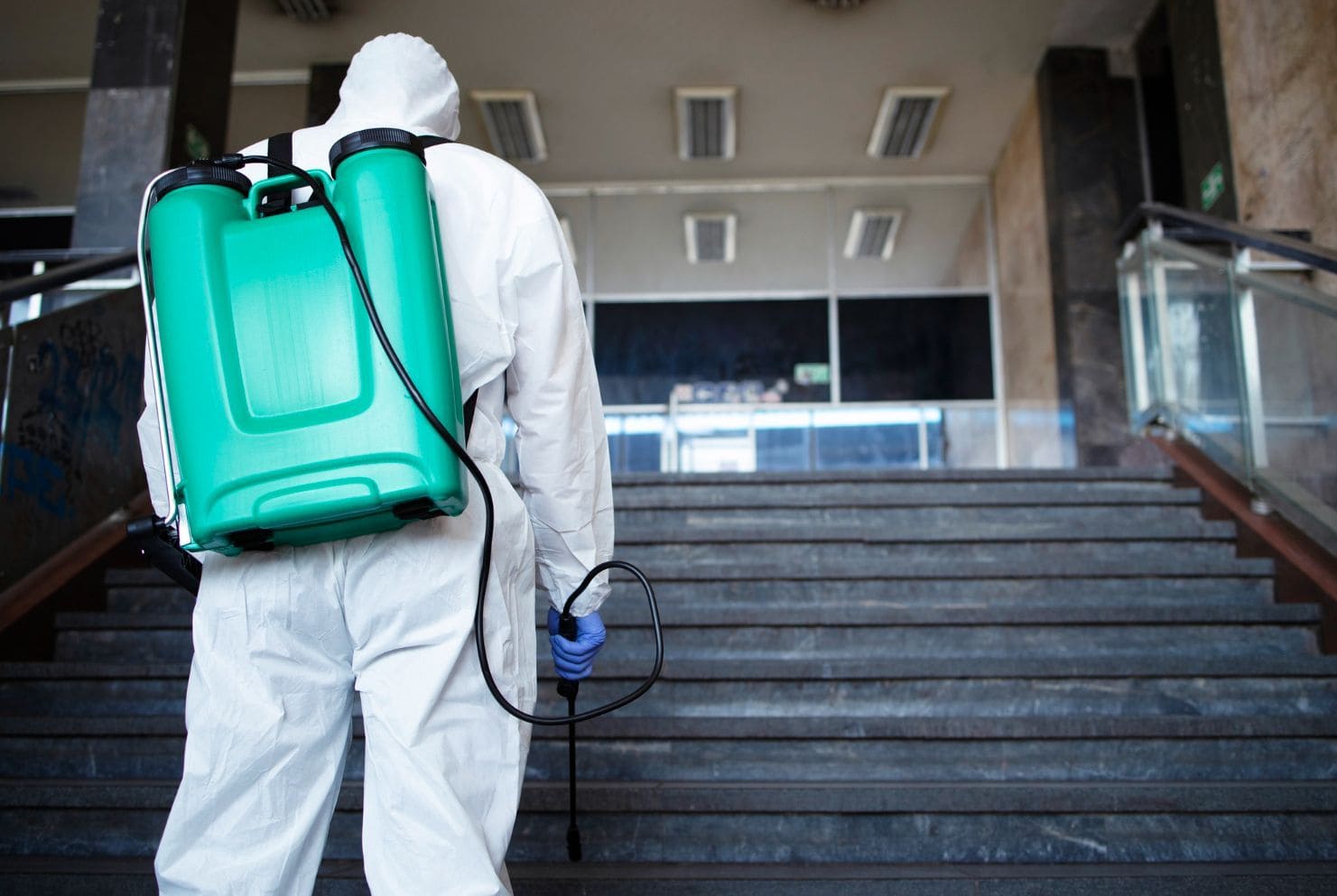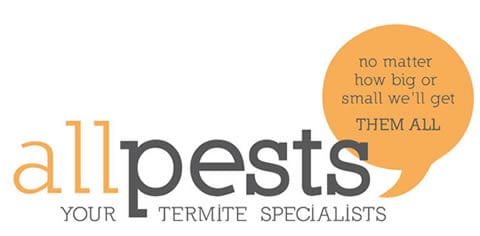Pest infestations can wreak havoc on both your home and your workplace. Depending on the severity of the issue, pests can make spaces uninhabitable and non-functional.
Whether you’re dealing with rodents, insects, or other nuisances, professional pest control offers significant benefits to both health and property. In this article, we will explore why pest control is essential for Australians and highlight the key advantages it brings to your home and work environments.
Let’s get straight to the point
Professional pest control is essential for protecting both homes and workplaces from damage and health risks caused by pests. Key benefits include safeguarding property, reducing disease spread, preventing allergic reactions, and offering tailored long-term pest management strategies.
Professionals also minimise chemical use, address infestation sources, and provide expertise to prevent costly repairs.
Hiring certified and experienced pest control services ensures eco-friendly solutions, safe treatment applications, and a satisfaction guarantee, making it a smart investment for maintaining a pest-free and healthy environment.

What Do Pest Control Companies Do?
Pest control professionals utilise various methods to eliminate pests. From pesticides to traps and exclusion techniques, their aim is to rid properties of unwanted critters.
Importantly, many companies offer preventative services to stop pests before they become an issue. These strategies ensure a long-term solution to pest control.
What to Do Before and After Pest Control Treatment
Before a pest control treatment, homeowners or business owners should prepare by clearing spaces and ensuring easy access to problem areas.
After treatment, it’s essential to follow any recommendations from the pest control company, such as ventilation or avoiding treated areas for a specified time. By following these steps, you can optimise the effectiveness of your treatment.
The Key Benefits of Pest Control
1. Protect Your Property from Damage
One of the most significant advantages of pest control is safeguarding your property. Pests, such as termites and rodents, can cause structural damage to homes, particularly wooden elements like floors and furniture.
Termites, for instance, are notorious for eating through timber structures, causing expensive damage if left unchecked. By employing professional pest control services, you can protect your investment and avoid costly repairs.
2. Reduction in Diseases and Illnesses
Pests are not just a nuisance; they are a direct threat to health. Many pests carry harmful diseases that can be transmitted to humans through bites, droppings, or simply by coming into contact with your food or water.
For example, cockroaches are known carriers of diseases like Salmonella and E. coli, which can contaminate food sources.
Flying pests, such as mosquitoes, are responsible for spreading diseases like malaria, dengue fever, and Ross River virus, which are concerns in parts of Australia.
Effective pest control minimises the presence of disease-carrying pests, ensuring a healthier living or working environment.
3. Prevent Allergic Reactions
For many Australians, allergies triggered by pests can lead to severe health complications. For instance, cockroach droppings, dust mites, and insect bites can exacerbate asthma or cause skin reactions. Regular pest control treatments will significantly reduce the chances of these allergens building up in your environment.
4. Tailored Pest Management Strategies
Different pests require different treatment strategies. Professional pest controllers have the knowledge and tools to deal with a wide variety of pests, including ants, spiders, rodents, and more.
DIY pest control methods may not be as effective, especially when dealing with pests that are resistant to standard treatment approaches. Professional pest controllers will ensure a customised plan to address your specific issue, targeting the pests efficiently and safely.
5. Minimising the Use of Chemicals
One common concern is the use of chemicals in pest control. Professional pest control services minimise the use of chemicals wherever possible. Instead of overusing pesticides, they rely on targeted treatments and environmentally friendly methods to keep pests at bay.
When chemicals are necessary, they are used responsibly to ensure there are no lasting negative effects on your home or business.
6. Finding and Addressing the Source of Infestations
It is not enough to simply get rid of the visible pests; it is critical to locate the source of the infestation. Whether it’s holes in the foundation or water leaks that provide a breeding ground for pests, finding the root cause ensures long-term pest management.
A professional will not only address the current issue but also help prevent future infestations by identifying and fixing underlying problems.
Why You Should Consider Professional Pest Control
1. Expertise and Knowledge
Pest control is a specialised field. Professionals understand the behaviour, biology, and habitats of various pests. This allows them to identify infestations quickly and choose the most effective control measures. Their training ensures that the job is done safely and effectively, reducing the risk to your home and your health.
2. Long-Term Savings
While some might view pest control services as an expense, they can actually save you money in the long run. Infestations, particularly from termites or rodents, can lead to thousands of dollars in damage. By investing in regular pest control, you can prevent costly repairs down the line.
3. Customised Treatments
No two homes or pest problems are the same. A reputable pest control company will provide a customised plan to address your specific situation. They will evaluate the size of the infestation, the type of pests involved, and the most effective methods of treatment. This ensures the best possible outcome for your property.

What Qualities Should You Look for in a Pest Control Expert?
Certification and Licensing
Pest control professionals must be certified and licensed to handle pesticides and other chemicals safely. In Australia, it’s essential to check whether a pest control company holds a valid state-issued license and has proper insurance to protect both their workers and your property.
Experience
Different pests require different management strategies, and only experienced professionals will know how to handle specific infestations. When choosing a pest control service, look for a company with a proven track record in dealing with the pests in your area. Whether it’s termite control or rodent removal, experience matters.
Environmentally Friendly Solutions
Sustainability is becoming increasingly important in Australia. Many pest control companies now offer eco-friendly treatments that limit the impact on the environment. This includes the use of non-toxic chemicals or natural pest deterrents.
Ask your pest control provider about their sustainable options, especially if you’re concerned about the long-term environmental impact of chemical use.
Fewer Health Risks and a Pest-Free Environment
The improper use of chemicals in DIY pest control efforts can have severe health consequences. You might unintentionally expose yourself, your family, or your employees to harmful substances.
Professional pest control companies understand how to apply treatments safely and effectively, reducing any potential health risks while ensuring a pest-free environment.
Professionalism and Satisfaction Guarantee
A professional pest control company should always offer a satisfaction guarantee. This means that if pests return shortly after treatment, they will come back to address the problem at no additional cost. Additionally, these companies should display high levels of professionalism, treating your home or workplace with respect and ensuring minimal disruption.
Conclusion
Pest infestations can cause significant damage to your property and pose health risks to you and your family. Professional pest control services offer numerous benefits, from protecting your home and reducing health risks to preventing future infestations.
Whether you’re dealing with termites, rodents, or insects, hiring a licensed and experienced pest control company ensures your home or workplace remains safe, functional, and free of pests.
For Australians facing pest issues, professional services are not just a convenience—they are an investment in the longevity of your property and well-being of its occupants. By addressing infestations promptly and effectively, pest control experts provide peace of mind and a healthier living environment.
Frequently Asked Questions
How Often Should You Do Pest Control Maintenance?
Pest control maintenance is important to keep your home free of pests. Pests can carry diseases and contaminate food, so it’s important to do whatever you can to prevent them from entering your home. Pest control maintenance should be done on a regular basis, at least once a month.
This will help to keep pests from becoming established in your home. There are a few things you can do to help prevent pests from taking up residence in your home. First, make sure to keep food stored in airtight containers and keep counters and floors clean.
Second, seal any cracks or holes in your home that could provide entry for pests. Finally, consider using pest-repellent plants around the perimeter of your home. Pest control maintenance is an important part of keeping your home pest-free. By taking a few simple steps, you can help to ensure that your home is a comfortable and safe place for you and your family.
What Are The Disadvantages Of Pest Control?
Pest control measures include chemical, physical and biological methods. Pest management decision requires an understanding of pests and their ecology including their natural enemies.
Pesticides should be used only when necessary and as part of an integrated pest management programme that includes both non-chemical and cultural pest control practices such as sanitation, mechanical controls like traps and barriers, plant quarantine and biocontrol.
The main disadvantages of pest control are:
- Pesticides can be toxic to people and animals
- Pesticides can pollute the air, water and soil
- Pesticides can kill beneficial insects
- Pesticides can create resistant pests
- Pesticides can be expensive
- Integrated Pest Management (IPM) programmes take more time and effort than using pesticides alone.
How Long Do Pesticides Last In A House?
Pesticide half-lives can be lumped into three groups in order to estimate persistence. These are low (less than 16-day half-life), moderate (16 to 59 days), and high (over 60 days). Pesticides with shorter half-lives tend to build up less because they are much less likely to persist in the environment.
How Do We Monitor Pests?
Pest control is the regulation or management of a species defined as a pest and can be perceived to be detrimental to a person’s health, the ecology or the economy. A practitioner of pest control is called an exterminator.
Pests include all forms of plant and animal life that can damage crops, forests, gardens, stored food, human health or property. Pest control measures may involve poisons, traps or other means. Pest management focuses on preventing pests before they become problematic.
Pest monitoring is a key part of IPM. It allows you to detect early signs of pest infestation so that you can take preventive or corrective action before the pests have a chance to do serious damage.
Pest monitoring also helps you to assess the effectiveness of your IPM program and make necessary adjustments. There are many different ways to monitor for pests, but some common methods include inspecting crops, looking for signs of damage, setting up traps and using pheromone lures.
Which Pest Management Is Most Effective?
The most effective strategy for controlling pests is to combine methods in an approach known as Integrated Pest Management (IPM). In IPM, information about pests and available pest control methods is used to manage pest damage by the most economical means while minimizing risks to you, your pets, and your environment.

